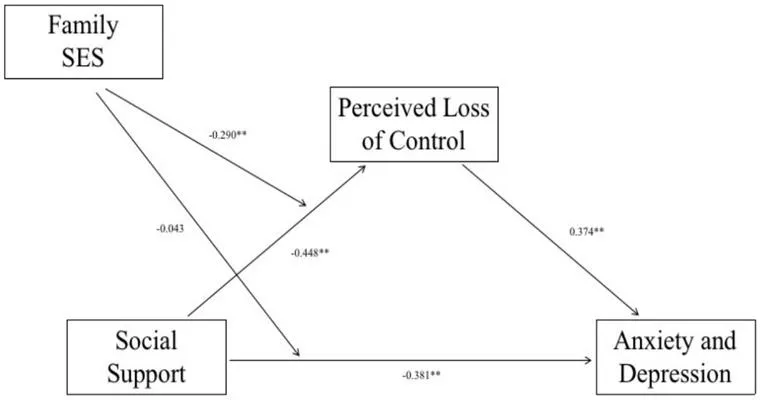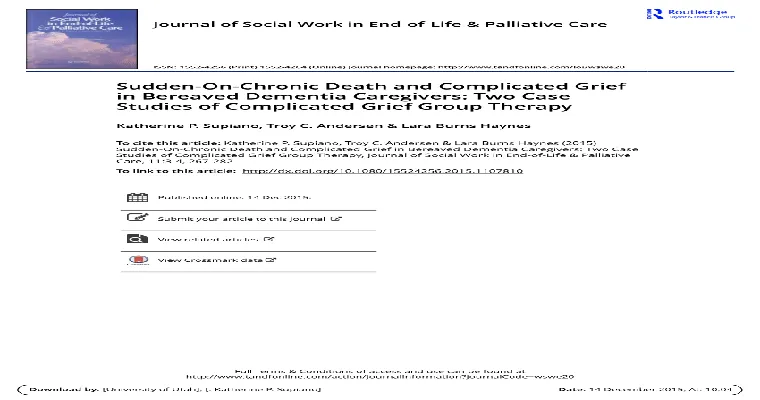Engaging in "family history research" can be a deeply rewarding pursuit, yet it often leaves individuals feeling overwhelmed and anxious. The quest to uncover your "ancestral roots" and understand your "heritage" can trigger a range of emotions, especially when confronting unexpected findings or the sheer volume of information. Many researchers find themselves grappling with feelings of uncertainty, frustration, and even fear as they delve deeper into their family's past.
One of the primary sources of anxiety in family history research is the fear of discovering uncomfortable truths. Whether it’s uncovering a "dark family secret", learning about a relative's troubled past, or understanding the complexities of family dynamics, these revelations can be disconcerting. The emotional weight of knowing that your ancestors faced hardships or made choices that diverged from your values can create a sense of disconnection and unease.
Additionally, the sheer amount of data available can be daunting. With countless records, documents, and online databases, the task of sifting through this information can lead to feelings of being lost or overwhelmed. The pressure to piece together a coherent narrative from fragmented records often leaves researchers anxious about missing crucial details or misinterpreting information. As you navigate through "census records", "birth certificates", and "obituaries", the desire for accuracy can become a source of stress.
Moreover, family history research can open old wounds for some individuals. Delving into the past may bring up unresolved issues or painful memories related to family relationships. For those who have experienced loss or estrangement, tracing the lineage can stir up a mix of emotions that complicate the research process. It’s important to approach these topics with care and compassion, allowing yourself the space to feel and process these emotions.
To mitigate anxiety during family history research, it is beneficial to establish a structured approach. Setting realistic goals and timelines can help manage expectations and prevent feelings of overwhelm. It can also be helpful to focus on one branch of the family tree at a time, allowing for a more in-depth exploration without the pressure of trying to uncover everything at once.
Another effective strategy is to connect with others who share a passion for genealogy. Joining local or online "genealogy groups" can provide not only support but also valuable insights and resources. Engaging in discussions with fellow enthusiasts can offer reassurance and remind you that you are not alone in your journey. Sharing your findings and experiences can also alleviate some of the anxiety associated with the process.
In conclusion, while family history research can evoke feelings of anxiety, understanding the sources of these emotions is crucial for a more positive experience. By recognizing the potential for discomfort and implementing strategies to cope, you can embrace the journey of discovering your roots with a sense of curiosity rather than fear. Remember, every family has its stories, and while some may be challenging to uncover, they all contribute to the rich tapestry of your family’s heritage.





